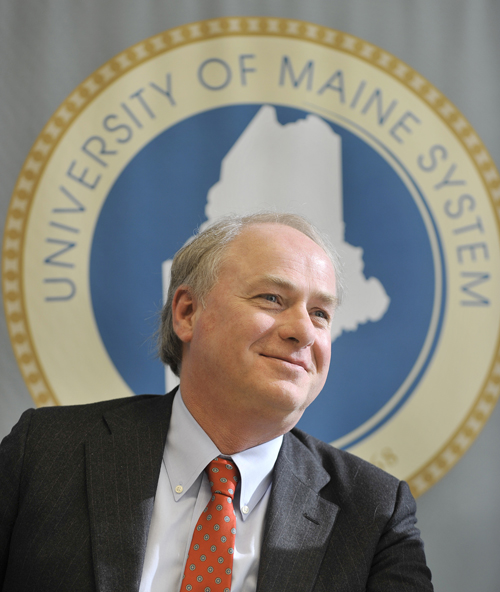Out-of-state enrollment in the University of Maine System is at an all-time high, and that’s good news in more ways than one.
First, because those students pay higher tuition that in-state students, the uptick in enrollment — primarily at University of Southern Maine and the Orono flagship campus — has led to a relatively modest increase in revenue.
But more importantly, it means the state is drawing new people to within its borders, people who if they stay following graduation can help grow the workforce at a time when Maine’s population is stagnant and its economy is badly in need of more workers.
It’s a problem that is affecting nearly every industry. Local government is just the latest area to wonder where its next generation of workers will come from — municipal officials across the state are saying they are not sure just how they are going to fill the spots left when their predominantly older workers retire.
That’s the story not only with municipal workers, but also law enforcement, teachers, construction workers, nurses and doctors and throughout the manufacturing and hospitality fields. Whether it is to replace retired workers and grow the business, employers throughout Maine just can’t find enough qualified candidates.
Each of the fields has issues specific to their industry, but all have one thing in common — they are drawing from a limited pool of workers. Certainly, the state needs to do more to turn Maine’s high school graduates into skilled employees, but even if every high school graduate stays in Maine and gets the qualifications necessary to land one of these jobs, there still isn’t enough of them — Maine’s population, up just .12 percent from 2010-15, just is not growing fast enough, and the growth has been centered in the southern part of the state, while central and northern Maine shrinks.
So that means Maine needs more people who weren’t born here to come to study and work — professionals from other states drawn by the Maine lifestyle, immigrants and refugees who can inject new energy into our communities, and out-of-state students.
The university system has known that for some time, and the results are impressive. The number of out-of-state students has grown 36 percent in five years, and they now make up 20 percent of enrollment.
But getting them here is just the start — university officials say 22 percent of out-of-state students stay in Maine following graduation.
Most college graduates who leave the area where they studied do so primarily for job considerations, so it is important the university system takes steps to connect students to opportunities here before they graduate; internships are a proven way to accomplish that.
Affordable housing also is a major consideration for graduates, another reason that issue is so important.
The problem is as simple as it is difficult to overcome — Maine does not have enough people to rev its economy, and that will sentence the state to less-than-average growth until it is solved.
The University of Maine System is on its way to helping out, but there is much more work to do.
Send questions/comments to the editors.


